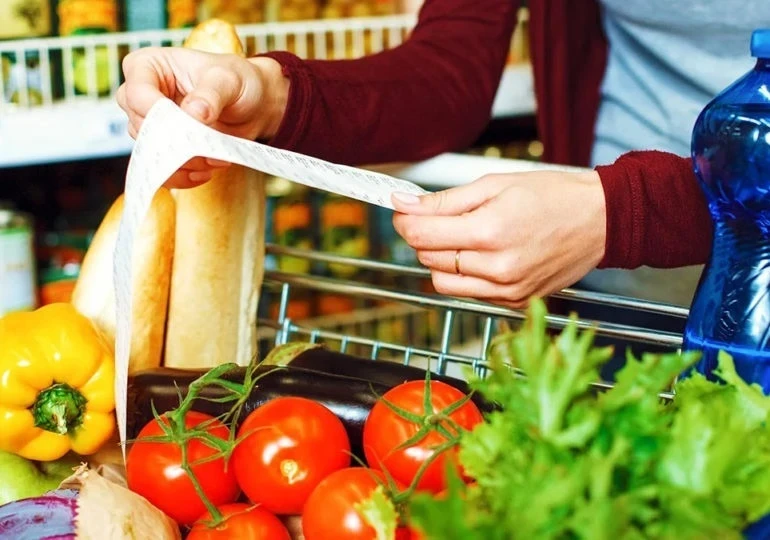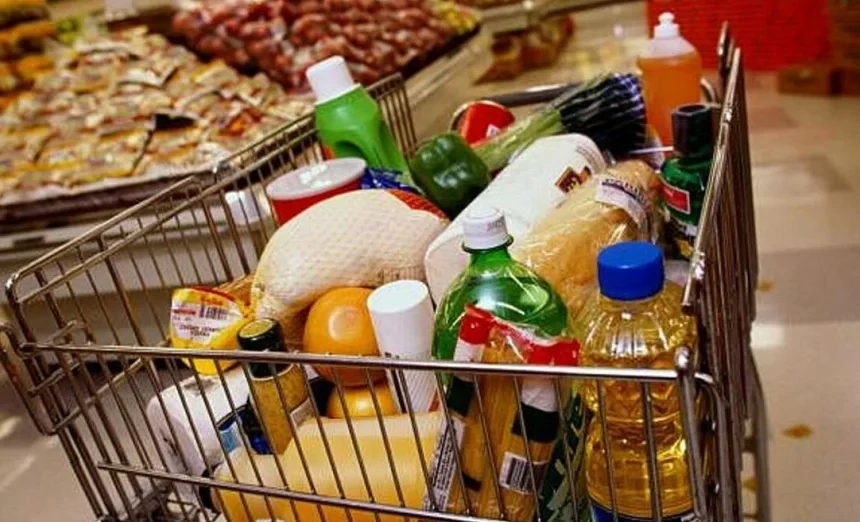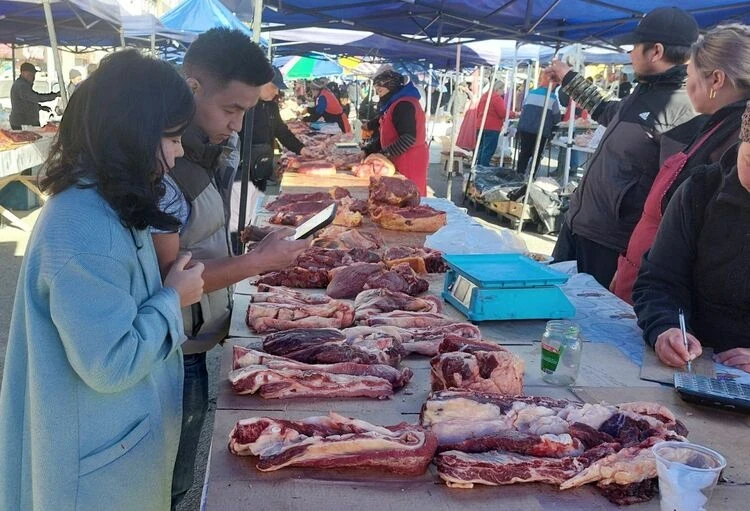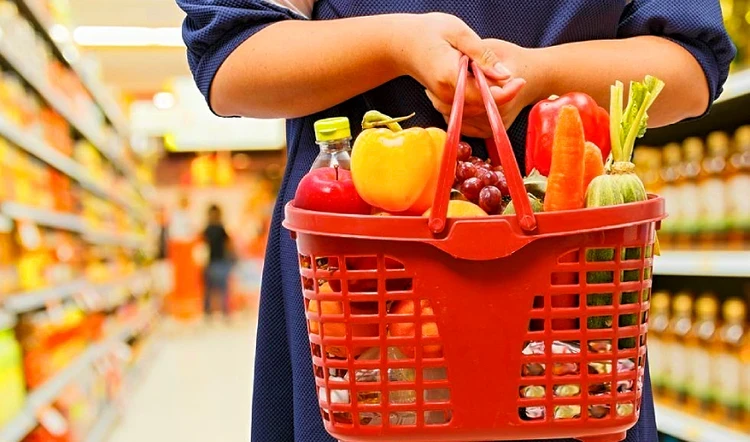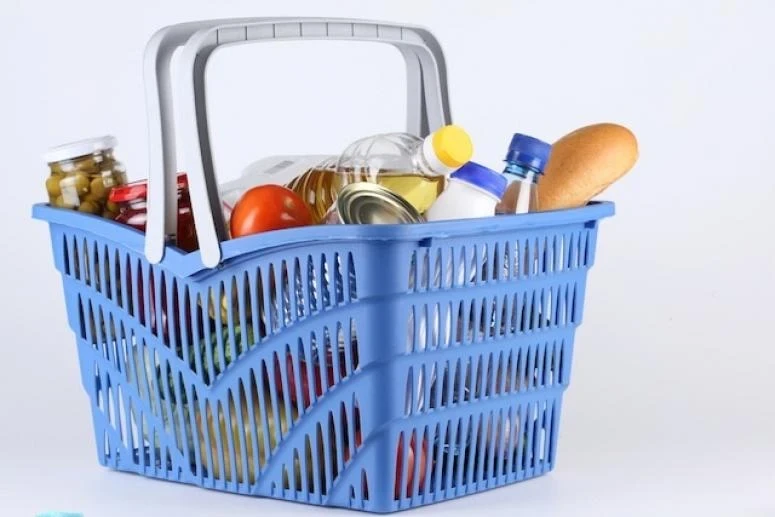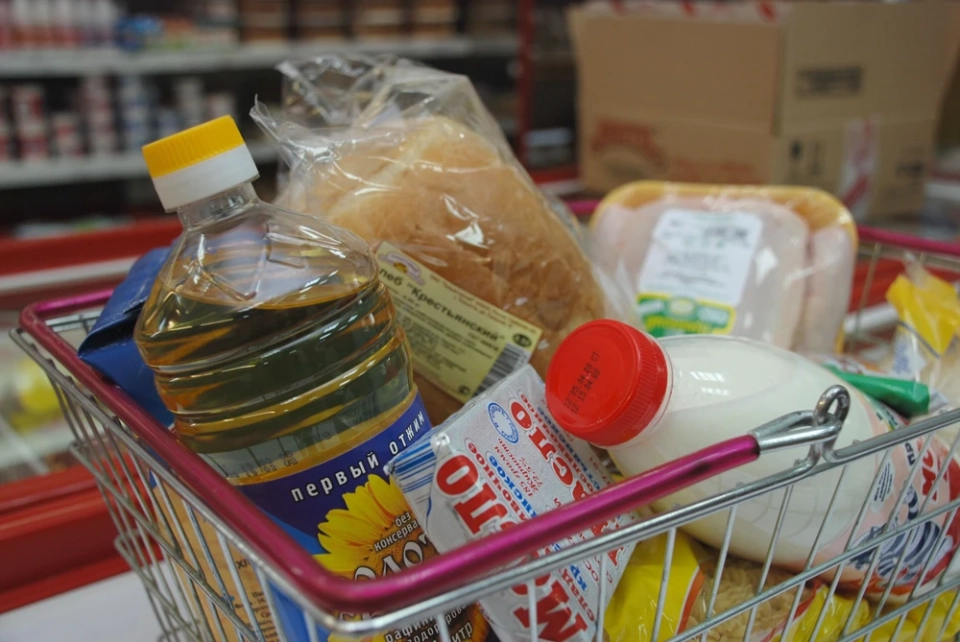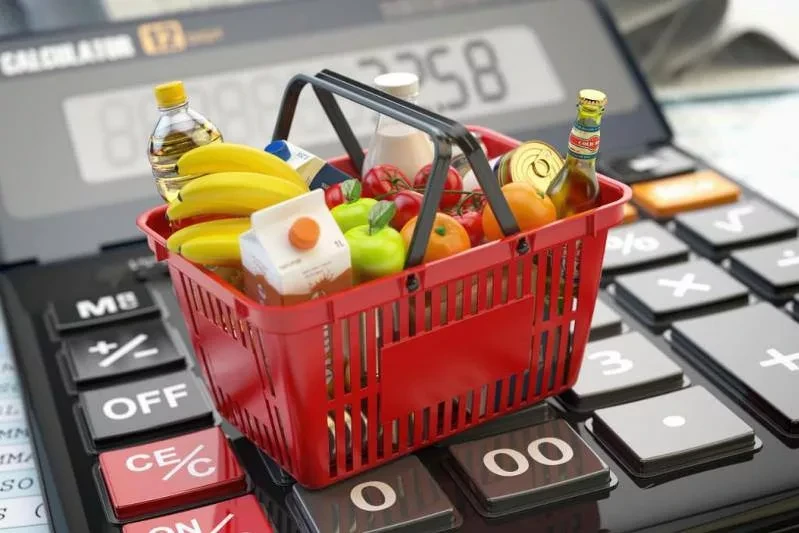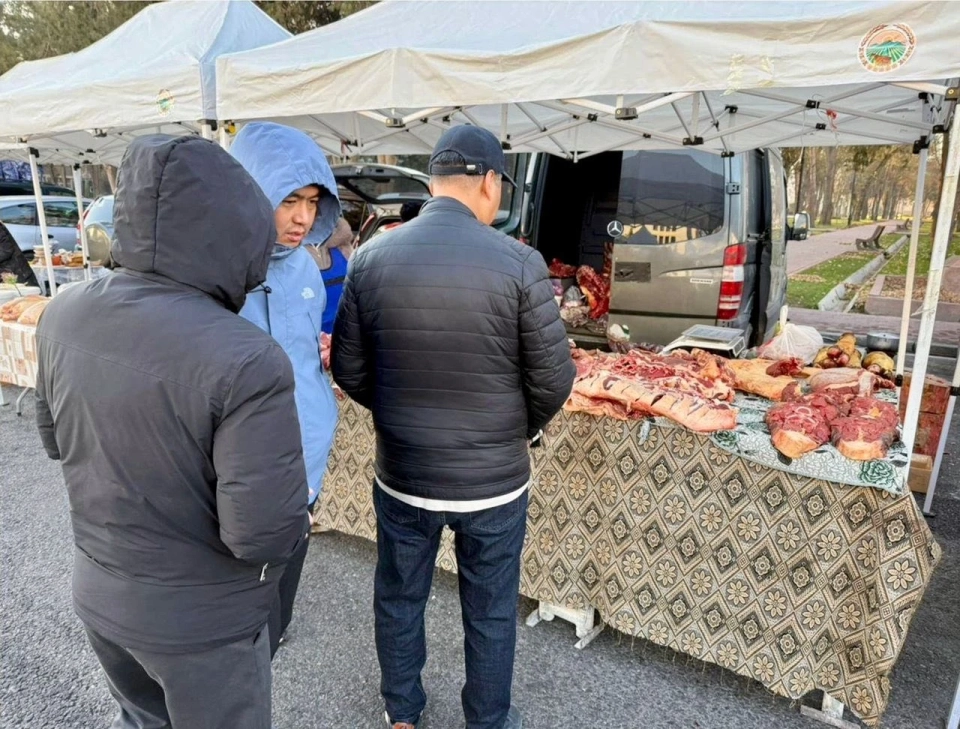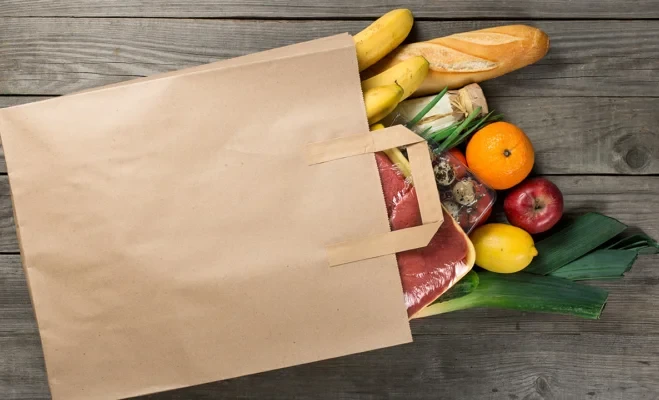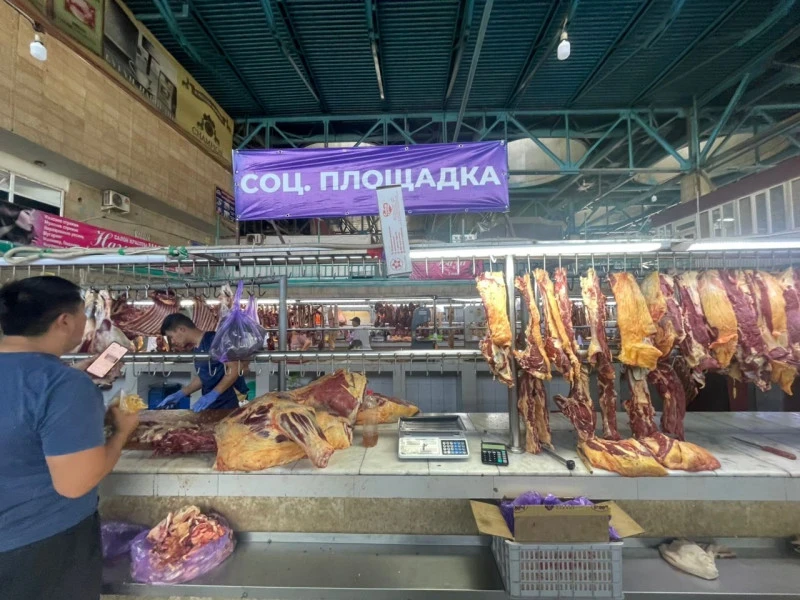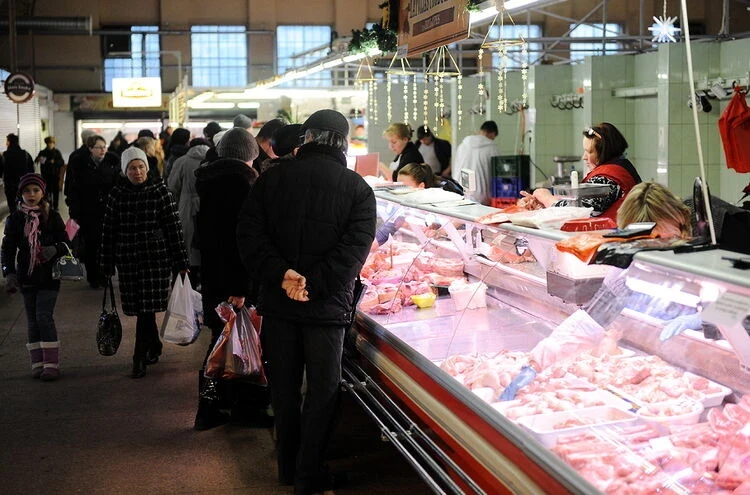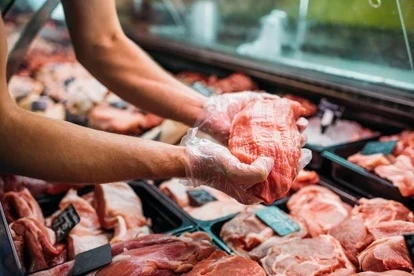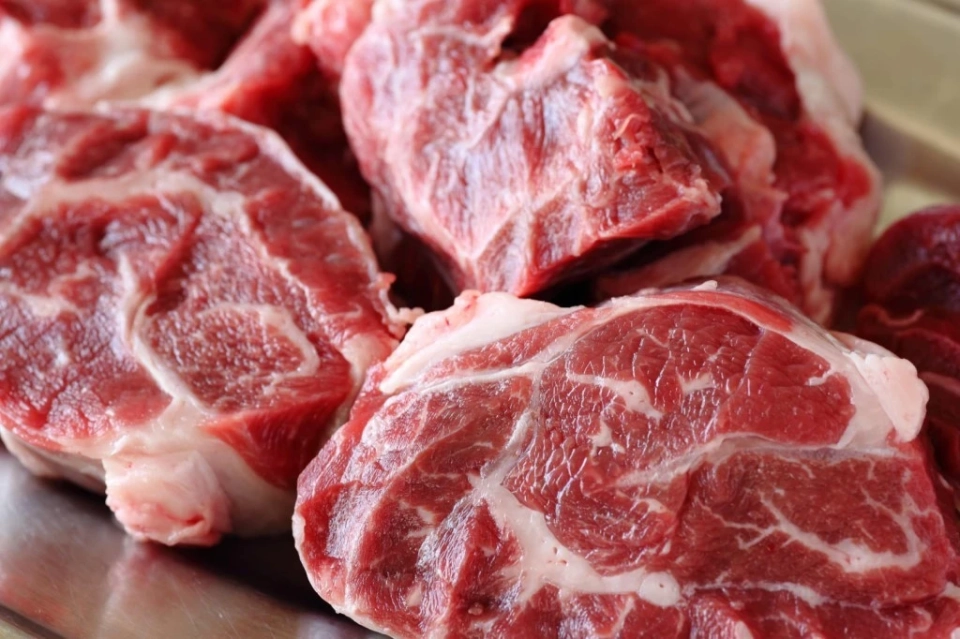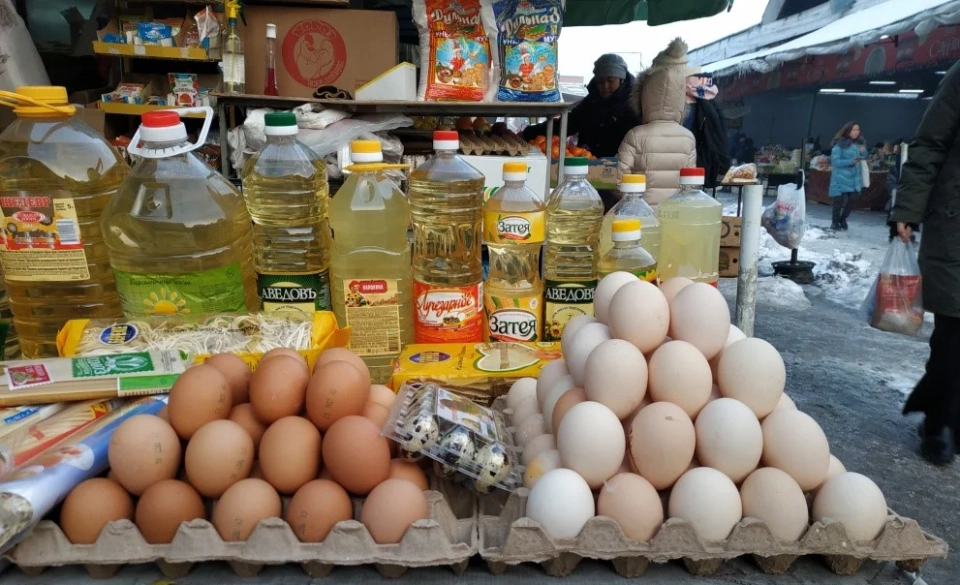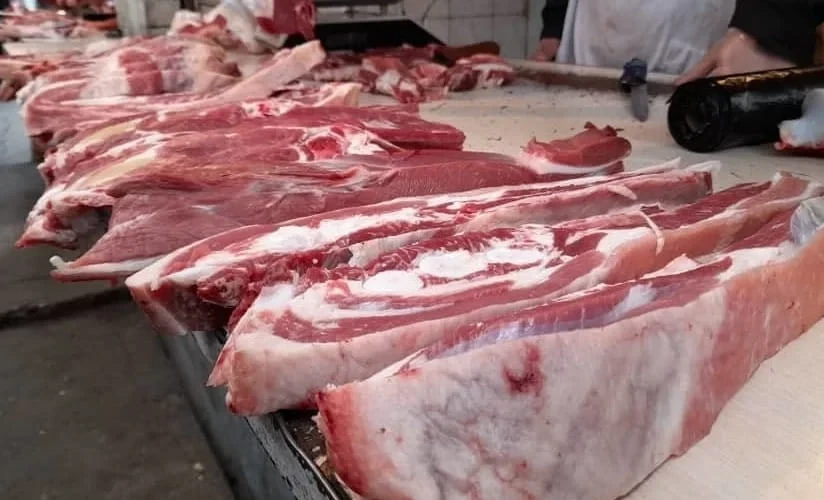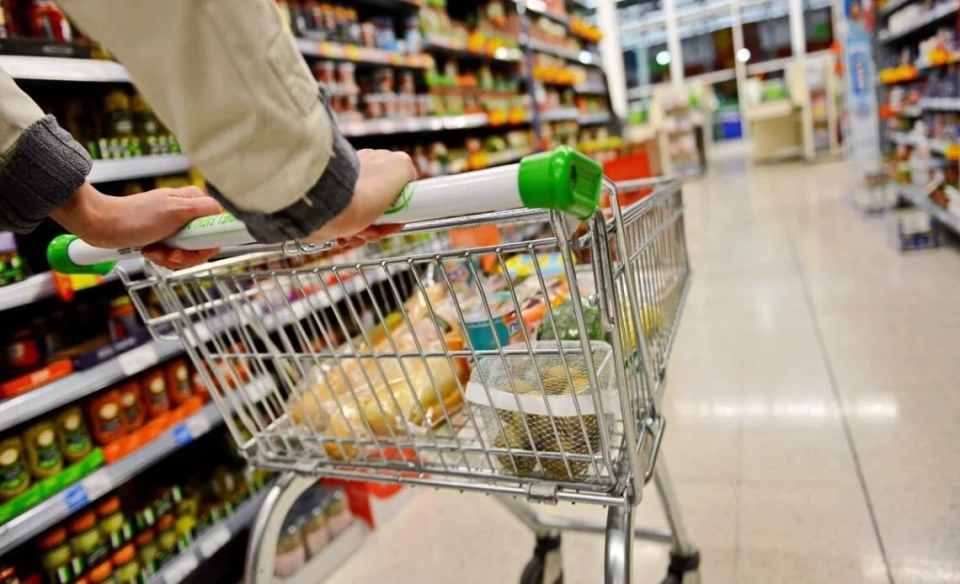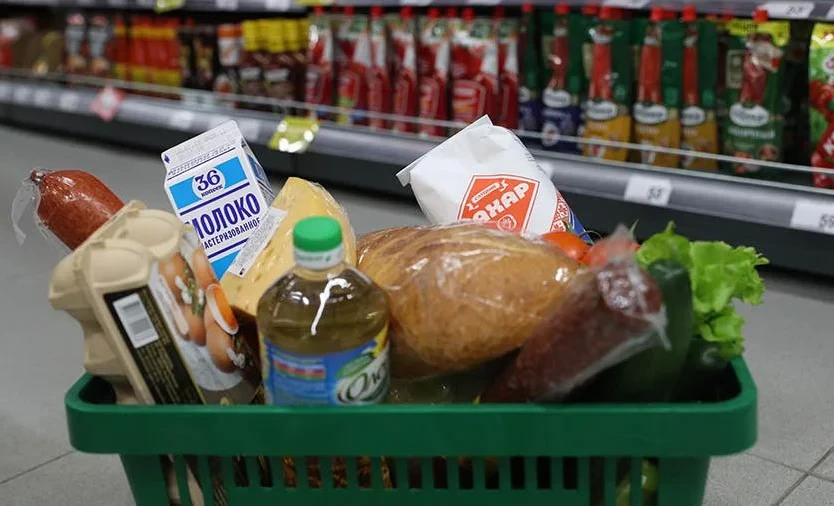
On the air of Birinchi Radio, the head of the pricing sector of the Antimonopoly, Competitive Policy and Pricing Department of the Ministry of Economy and Commerce of the Kyrgyz Republic, Nazina Alykulova, shared information about the list of essential goods and measures aimed at curbing prices in the domestic market.
She noted that in accordance with the resolution of the Cabinet of Ministers, a list of 16 socially significant goods was approved, for which temporary price regulation is possible. Of these, 11 are food products, including bread, flour, sunflower and butter, milk, meat, pasta, rice, as well as vegetables such as onions, potatoes, and carrots.
Currently, state price regulation on meat continues. This decision was made on August 11 of this year.
It is important to note that the list specifies meat — lamb and beef, excluding boneless meat. According to Alykulova, consumers sometimes mistakenly believe that regulation applies to more expensive types of meat, such as tenderloin or fillet; however, these items are not included in this list.
The Antimonopoly Service has established maximum price limits for the specified goods.
Alykulova also added that an annual action plan is developed to curb the rise in prices for socially significant goods. This plan includes various measures implemented by both state bodies and local self-government bodies, among which are:
- a ban on the import and export of socially significant goods;
- tax benefits;
- market analysis of socially significant products;
- organization of agricultural fairs throughout the republic.
"The Ministry of Economy, the Ministry of Water Resources and Agriculture, together with flour milling enterprises, has signed an agreement to curb prices on flour, which has been successfully functioning for over five years," Alykulova reported.
She specified that the price of first-grade locally produced flour is 35 soms. The list specifically mentions first-grade flour — not packaged and not imported.
Similar agreements have also been concluded with sugar producers and retail chains, where sugar is offered at a reduced price through loyalty cards.
Alykulova emphasized that many price fluctuations for products are related to Kyrgyzstan's dependence on imports, especially vegetable oil.
"Currently, work is underway to reduce prices from suppliers. The Ministry of Economy and Commerce is developing a mechanism that will help in this process. It is too early to talk about the results, but a meeting was recently held where this issue was discussed. We hope for an adequate response from businesses, as our main task is to provide consumers with quality and affordable socially significant products," she added.
